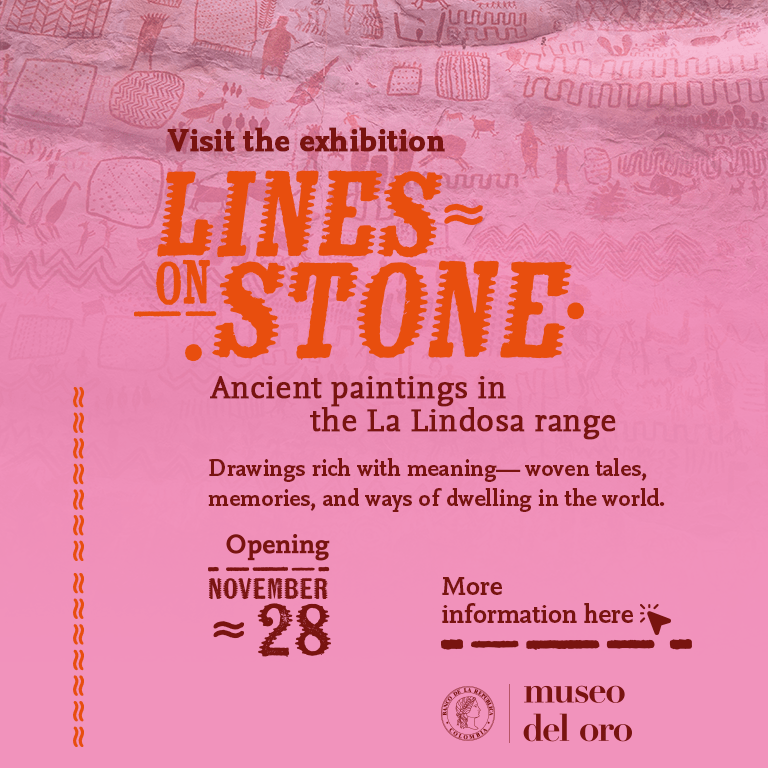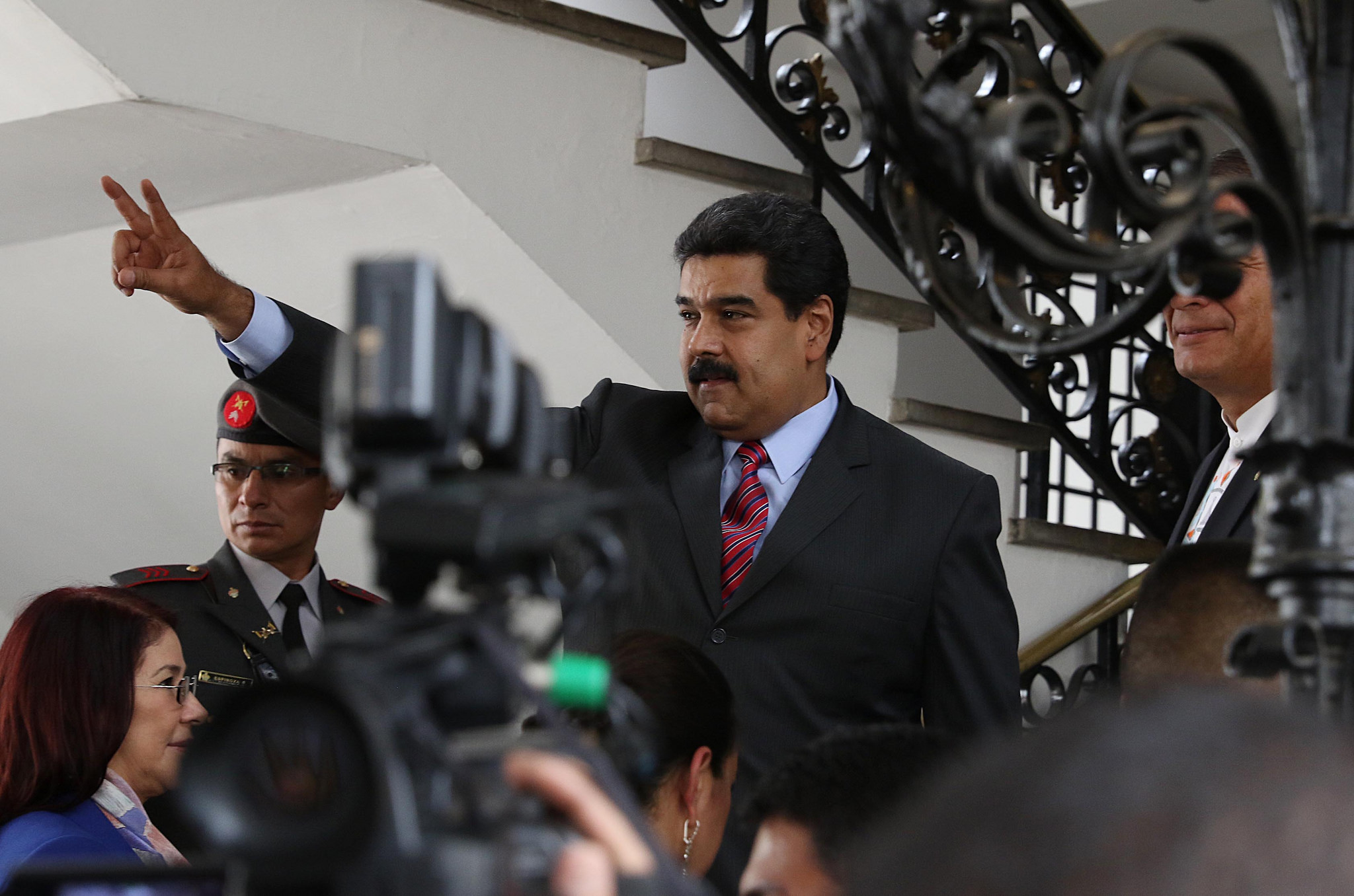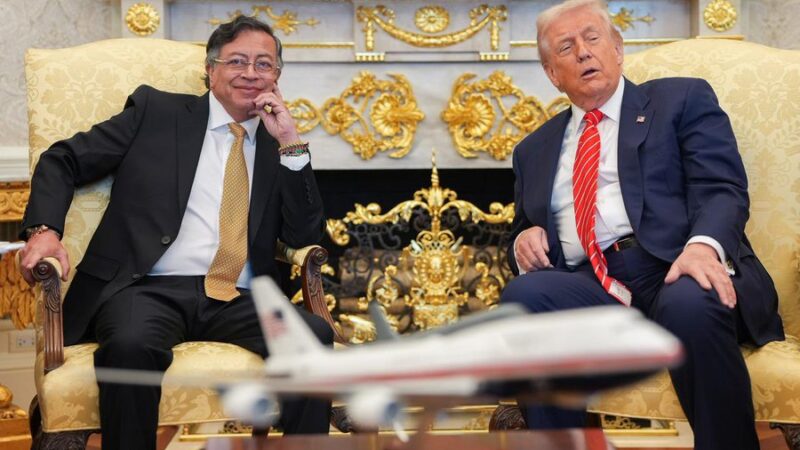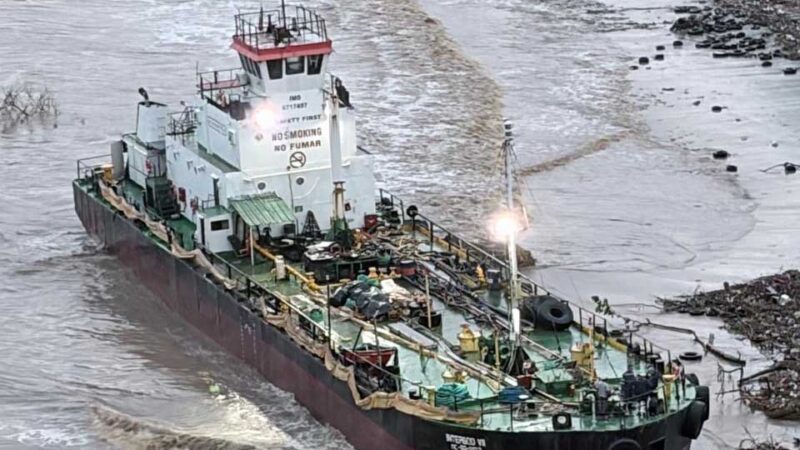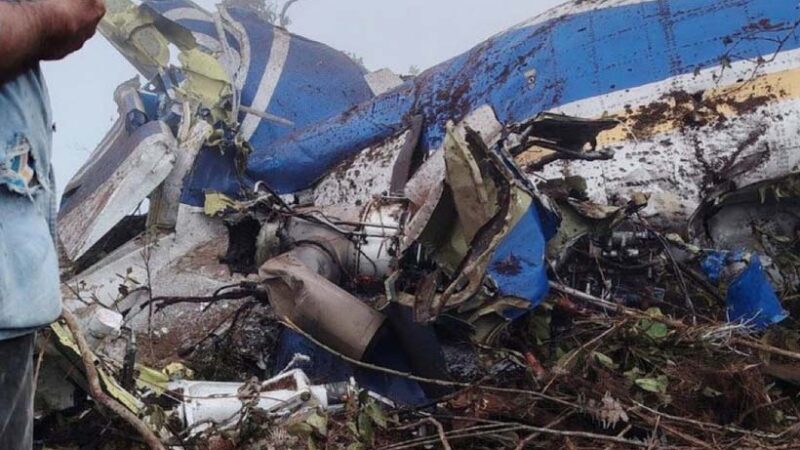
Hezbollah’s growing foothold in Latin America has found its epicenter in Venezuela and along the porous 2,000-km long Colombia-Venezuela border, where U.S. lawmakers and former counterterrorism officials warn the militant group has built financial and logistical networks with the support of the Maduro regime and illegal armed groups.
“Venezuela is a willing safe haven for what remains the most lethal, dangerous foreign terrorist organization to the United States,” said Marshall Billingslea, a former senior Treasury official, during a Senate hearing on Tuesday examining Hezbollah’s expanding presence in the Western Hemisphere.
Analyst Matthew Levitt told senators that Hezbollah “has a long history of turning to its diaspora networks when it’s facing financial stress,” noting that while Iran continues to fund the organization, “it is having a much harder time getting that money to Hezbollah in a timely manner.”
Levitt, a former FBI counterterrorism expert, said Hezbollah’s operations in Latin America date back nearly five decades, with cells now active in Venezuela and Colombia. He pointed to the free trade zone of Maicao, in Colombia’s northern department of La Guajira, as a hub where Hezbollah-linked networks move funds and launder money through front businesses.
“Hezbollah moves its money in almost every free trade zone in Latin America,” stated Levitt, adding that the group’s regional operations include the trafficking of so-called black cocaine, compressed into charcoal-like briquettes to evade detection.
Lawmakers on the Senate Caucus on International Narcotics Control described Venezuela as a “growing hub” for Hezbollah’s drug and finance operations, with networks extending into Colombia’s border regions. Senator Sheldon Whitehouse, the top Democrat on the panel, said the group “is one of Iran’s tools to destabilize and terrorize,” adding that “if we target Hezbollah’s financing, we can deny them the opportunity to rebuild.”
According to witness reports, Hezbollah has cultivated ties with criminal syndicates and Colombia’s National Liberation Army (ELN) guerrilla, exploiting the remote frontier areas of La Guajira and Arauca to traffic narcotics, launder money, and smuggle gold. “If you need big money real fast, you turn to illicit activities and especially to narcotics trafficking,” Levitt said.
Senator Bernie Moreno, a Republican from Ohio and son of Colombian immigrants, said that “Maduro should know his days are numbered,” warning that the Venezuelan leader’s support for Hezbollah “meets the legal standard” to be designated a state sponsor of terrorism.
“I would be surprised if he’s still in Venezuela by the end of this year,” Moreno said, predicting that Maduro’s fall “will be one of President Trump’s many, many legacies.” He added that under Colombia’s President Gustavo Petro, Hezbollah’s presence had “expanded” in recent years.
The Senate hearing took place as U.S. relations with Colombia and Venezuela reached new lows following a U.S. missile strike against a suspected drug-trafficking vessel off Colombia’s Pacific coast, the eighth such attack since September 2.
U.S. Secretary of State Marco Rubio defended the operations and directed sharp criticism at Colombia’s leftist president. “The only problem in Colombia is its lunatic president,” Rubio told reporters.
Petro responded that the U.S. strategy “places the U.S. outside of international law,” adding that by focusing strikes on Pacific routes, Washington had “begun to accept that most of the cocaine does not leave through the Caribbean but through the Pacific.”
Colombia’s Foreign Ministry condemned the strike in a statement on Thursday, calling on Washington to “cease these attacks” and “respect the norms of international law.”
Nathan Sales, former State Department coordinator for counterterrorism, told the Senate that Hezbollah faces unprecedented financial strain after Israeli military operations “decimated its leadership and infrastructure,” making Latin American trafficking routes increasingly vital to its survival. “In this dramatically changed strategic environment, Hezbollah may find itself relying more than ever on alternative sources of funding – including the drug trafficking in Latin America that is the subject of today’s hearing,” Sales said.
Billingslea, who once oversaw terrorist financing at the U.S. Treasury, testified that as much as a third of Hezbollah’s funding – up to US$200 million per year – came from South America, aided by corrupt Venezuelan officials. He cited evidence that former Vice President Tareck El Aissami issued more than 10,000 passports to individuals from Syria, Lebanon, and Iran, some with known Hezbollah or Hamas ties.
“This is not just about the Middle East anymore,” said Senator John Cornyn, Republican of Texas. “It’s about a terrorist organization embedding itself in the Western Hemisphere under the protection of a hostile regime.”
Levitt also warned that the erosion of U.S.-Colombian cooperation under Petro has made it harder to disrupt these transnational networks. “Before the Petro administration, there was a concerted effort in cooperation with the U.S. to address the problem,” he said. “Today, there is not.”
As U.S.-Colombia tensions hit a new low after President Trump called Petro an “illegal drug leader”, Hezbollah’s deepening partnerships with Colombia’s illegal armed groups are the latest test of regional security – and of Washington’s resolve to counter what lawmakers now describe as a “terrorist convergence” linking the Middle East to Latin America.
Share this story
The City Paper Staff
View all posts by The City Paper Staff



